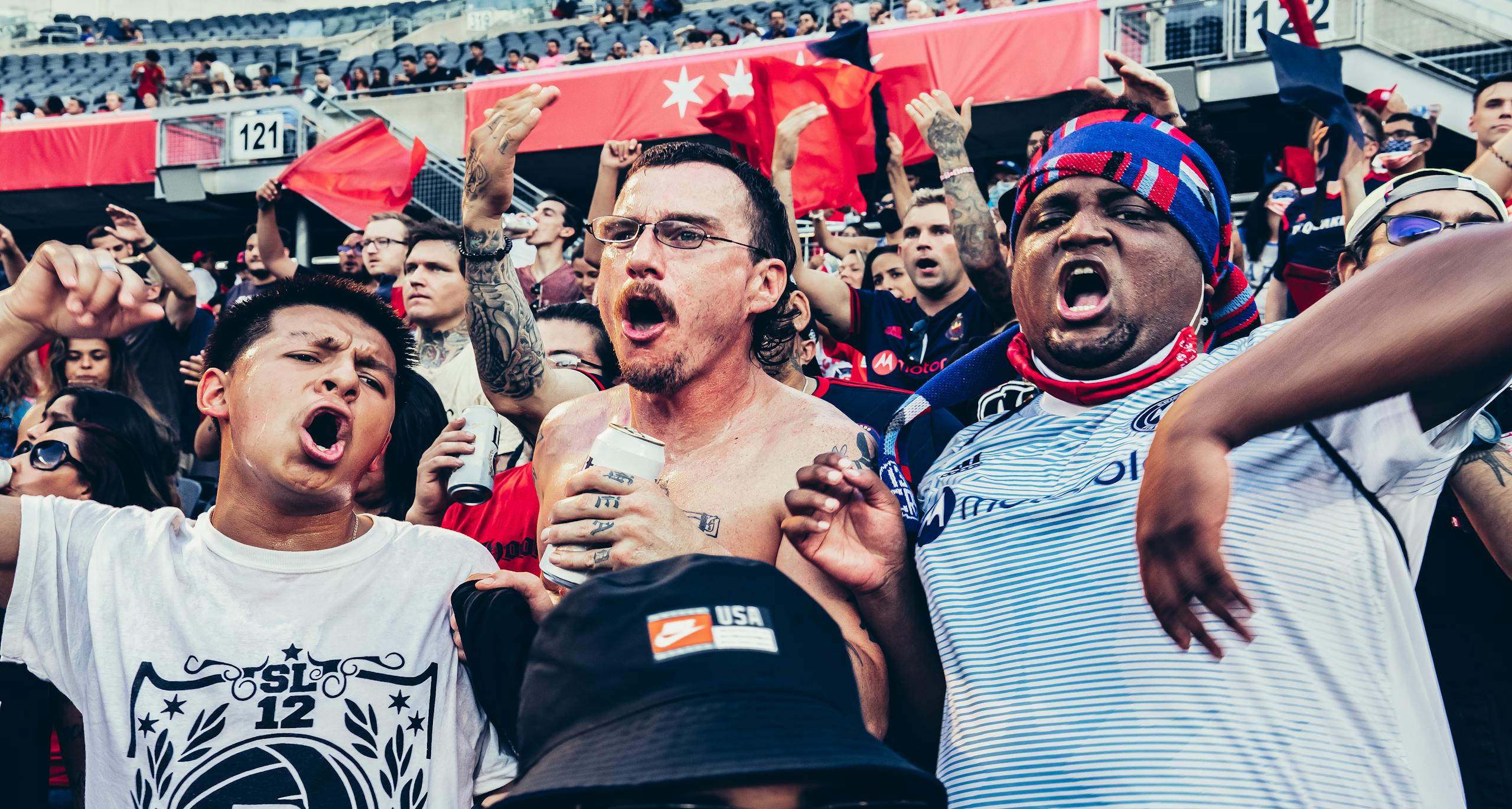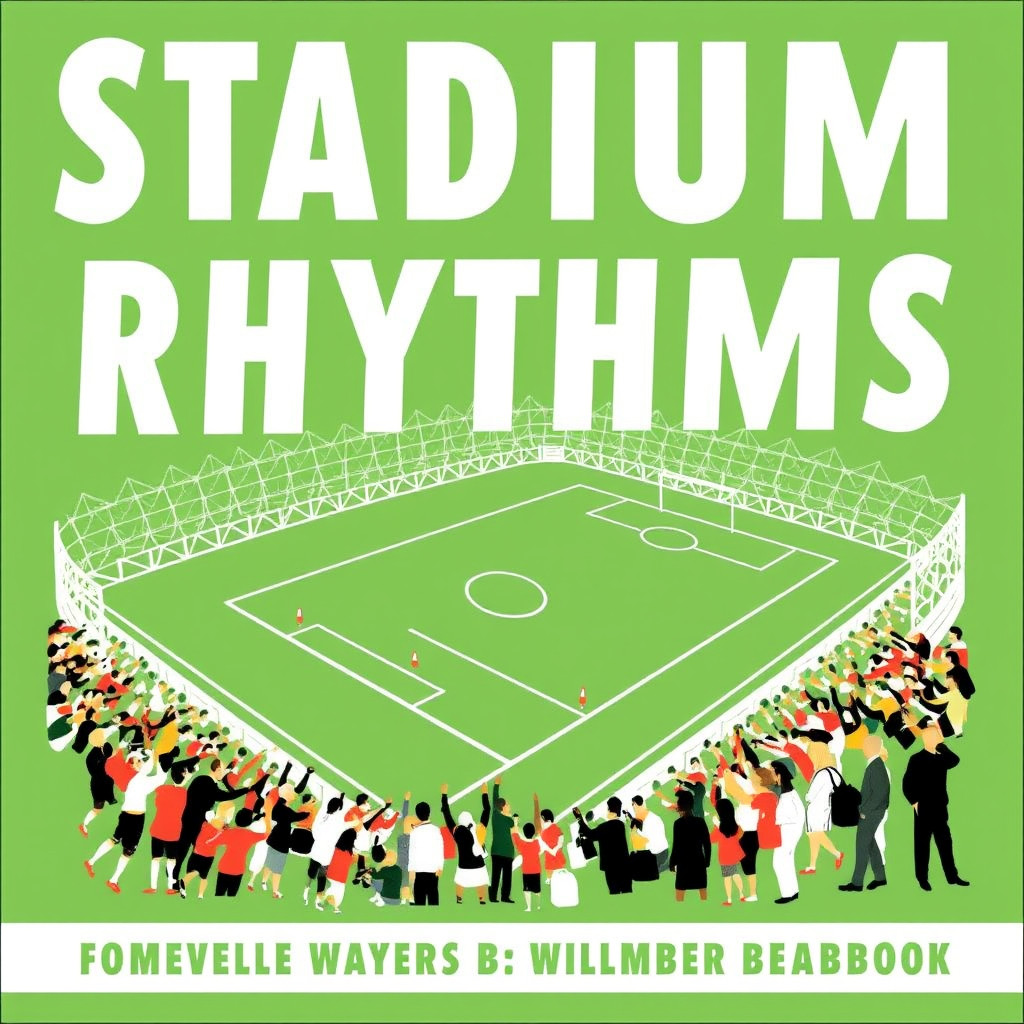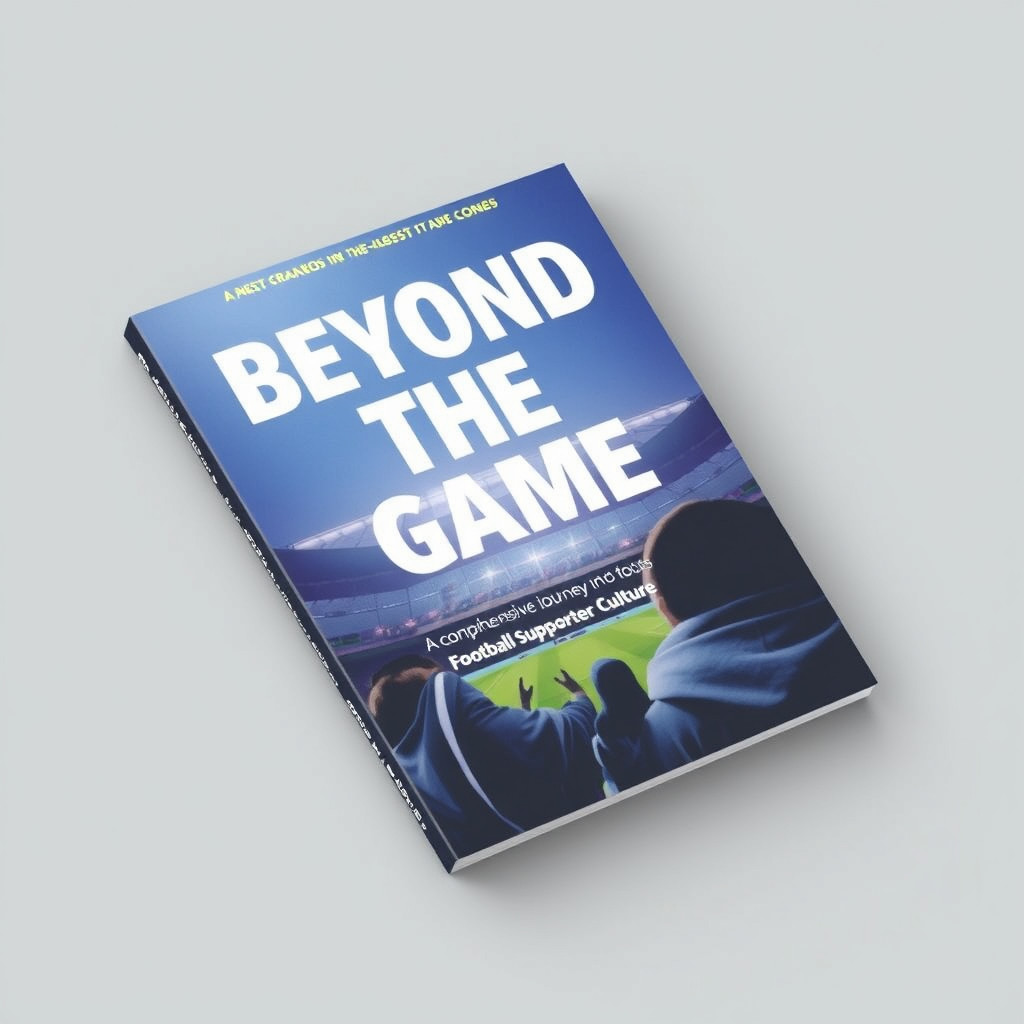Introduction: The Symphony of Support
Football is more than a visual spectacle – it’s a sonic experience that pulses with emotion, history, and collective identity. The chants, songs, and rhythmic expressions of supporters create a musical language that transcends the boundaries of sport, transforming stadiums into living, breathing cultural arenas.
The Origins of Football Musicality
Early Foundations
The musical traditions of football supporters emerged organically in the early 20th century, initially growing from working-class community singing traditions. What began as simple collective chants evolved into complex, sophisticated musical expressions of group identity.
Cultural Variations: A Global Musical Landscape
Italian Ultras: Orchestrated Passion
Italian football culture developed some of the most intricate musical supporter traditions:
- Synchronized choral chants
- Complex rhythmic patterns
- Use of musical instruments
- Choreographed vocal performances
British Terrace Traditions
The United Kingdom brought a unique approach to stadium music:
- Call-and-response chanting
- Humor-laden lyrics
- Strong regional musical dialects
- Deep connection to local working-class culture
Eastern European Intensity
Supporters in countries like Serbia, Croatia, and Poland developed:
- High-energy, militaristic chant styles
- Politically charged musical expressions
- Complex multi-part harmonies
- Strong nationalist undertones
Latin American Carnival of Sound
South American football cultures, particularly in Argentina and Brazil, created:
- Continuous, high-energy musical performances
- Drum-driven rhythms
- Elaborate choreographed movements
- Carnival-like musical expressions
Technological and Cultural Evolution
From Terraces to Global Platforms
- Microphone and speaker technologies
- Social media amplification
- Global supporter connections
- Increased musical sophistication
Psychological and Social Dimensions
More Than Just Noise
Football chants serve multiple psychological and social functions:
- Group identity formation
- Emotional regulation
- Territorial marking
- Community solidarity
- Psychological motivation for players
Notable Musical Traditions
Iconic Chants and Their Stories
- Liverpool’s “You’ll Never Walk Alone”
- Borussia Dortmund’s “Leuchte auf”
- River Plate’s passionate supporter songs
- Celtic’s political and cultural chants
Technical Aspects of Stadium Music
Acoustic Engineering of Support
- Sound projection techniques
- Timing and synchronization
- Musical composition strategies
- Acoustic stadium design considerations
Challenges and Controversies
Navigating Musical Expression
- Political tensions
- Potential offensive content
- Institutional restrictions
- Balancing passion and respect
Digital Age Transformations
New Frontiers of Musical Support
- Online supporter playlists
- Global chant sharing
- Virtual stadium experiences
- Multicultural musical exchanges
Conclusion: A Living, Evolving Language
Stadium music is far more than background noise. It’s a profound, dynamic language of human connection – telling stories of passion, resistance, joy, and collective identity.
The rhythms of the stadium are the heartbeat of football’s cultural soul.





![[Tipstering] logo."](https://i0.wp.com/tipstering.com/wp-content/uploads/2024/10/logo-e1730062078868.png?fit=350%2C284&ssl=1)
